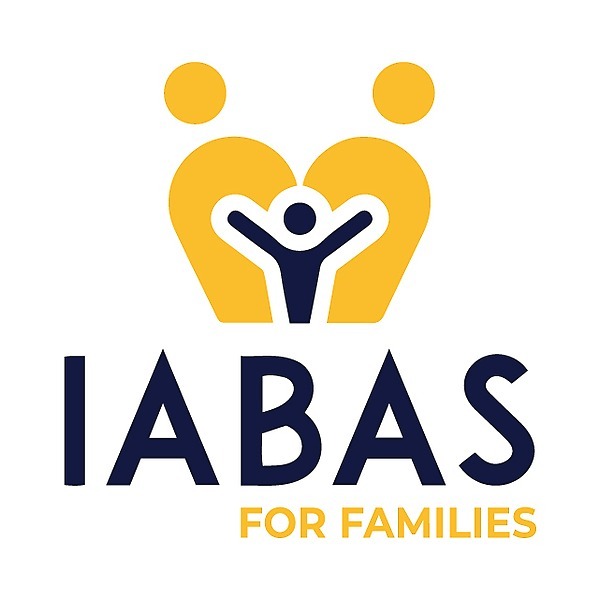




Working With Families To Obtain The Best Clinical Outcomes

Home Based Therapy
Parent Training & Support

Skills Assessments
Every child we assess is unique and has varying skills. The first step in developing a program that concentrates on the specific needs of the child is assessing their current abilities and deficiencies. The assessment involves a combination of direct observation of the child, interviewing parents, teachers, and standardized measurements.
A report is written based on the results of the assessment in order to identify the child’s current skill level, behavior excesses and deficits. The report also includes individualized program recommendations and goals. Once the report is reviewed with the family and/or client, services can begin.
Description of ABA Therapy Services Provided
IABAS for families currently provides one-to-one in-home ABA services designed to treat deficits associated with autism spectrum disorder and other developmental disorders. IABAS for Families uses the following assessments to customize and create individualized programs tailored to the Patient: VB MAPP, Essentials for Living, Socially Savvy, Peak, ABLS, and AFLS.
The criterion-based reassessment allows the clinical team to select goals that should be added and worked on in the patient’s treatment plan. When reassessed at the end of each authorization period, the assessments are updated and added to the patient’s progress report with new proposed goals based on assessment results.
Recommendations are made in collaboration with patient/caregiver input, a review of current assessment findings, and the individual’s progress to date. Progress is measured by a patient’s use of functional skills in a generalized and spontaneous manner across people, settings, activities, and materials.
Criteria for Services
IABAS for Families services patients two years and older. The criterion for services is a diagnosis of developmental delay and autism spectrum disorder. IABAS for Families – ABA Therapy accepts patients with challenging behaviors that are from low to moderate risk, which includes behaviors such as elopement, aggression, and self-injurious behaviors. If the behaviors threaten the patient’s life or those around them, IABAS for Families will refer the patient to an agency that specifically works with patients with high-risk behaviors.
ABA Therapy Services
ABA Therapy is a type of treatment that helps people with autism spectrum disorder (ASD) improve their abilities and skills so they can function better in everyday life. The goal of ABA Therapy is to increase communication, social interaction, and independent living skills while decreasing problem behaviors. ABA Therapy is done by trained professionals who use positive reinforcement to help patients learn new skills and behaviors. ABA Therapy has been shown to be an effective treatment for ASD, and it can be tailored to each individual’s needs. If you or someone you know is interested in ABA Therapy, please contact us today. We would be happy to answer any questions you may have about this treatment option.
Program Description
ABA Therapy services at IABAS for Families are designed to remediate core deficits associated with autism spectrum and pervasive developmental disorders. The program provides best practice behavioral health intervention focusing on the patient’s communication skills, self-help skills, and challenging behavior. Behavioral health services aim to help increase an individual’s functional skills and provide intervention to address behavior excesses/deficits that pose a threat to the safety of the patient/others or impede daily living and independence. Home and community-based settings are incorporated regularly into the intervention services provided to generalize skills for use in real-world settings.
Importance of Communication Skills
Communication is the first set of assessed skills for all patients being provided services from IABAS for Families. Communication goals are customized for each patient to teach functional communication in their natural environment and replace any challenging behaviors.
Functional communication is individualized to the patient’s environment and resources available in their environment to ensure that a method of communication is established during the course of treatment.
Parent/Caregiver Participation
Parent/guardian/caregiver participation, training, and support are the foundation of a successful and sustainable intervention. Caregivers will be required to actively participate in treatment sessions, learn treatment techniques, and implement these techniques when staff is not in the home. Caregivers will meet regularly with program supervisors and behavior analysts on their team to discuss treatment progress and work together during ABA therapy sessions. Caregivers will also be taught the fundamentals of Applied Behavior Analysis and develop appropriate preventative and reactive strategies to address behavior(s). Our providers coordinate services and collaborate with the family/caregiver as a team to provide an integrated intervention service program.
Disclaimer
Informed consent has been obtained for the use of all images and statements displayed on IABAS for Families Website. Images and statements are not to be used without the permission and consent of the owner of the content. Images and statements are used for informational, educational and promotional purposes.
Funding Partners
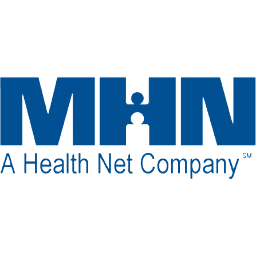
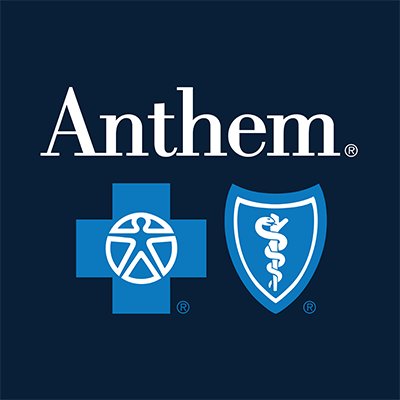
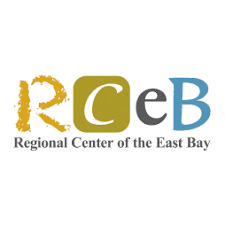
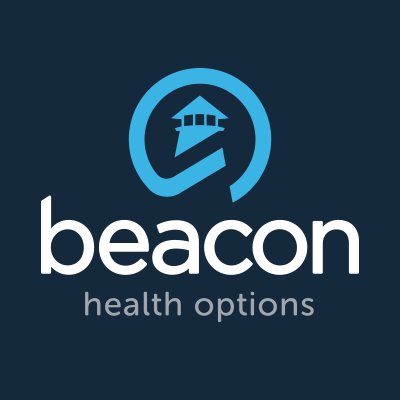
Fading Services
The goal of treatment is to support our patients to a competency level that facilitates discharge or exit from services. Therefore, discharge from ABA therapy services will be recommended for patients and supported by a transition plan or fade from services when appropriate. Discharge or exit may also be proposed in other situations, including but not limited to failure to comply with providers’ policies.
Description of Instructional Methods
Anticipated Outcomes of Services
The anticipated outcome for IABAS for Families for providing in-home services is to address socially significant behaviors for the patient and work towards independence in their immediate environment while reducing challenging behaviors. These skills are then generalized across people and environments while reducing and replacing any challenging behaviors.
Referral Process and Intake Timeline
Referrals are responded to within 24 hours. Upon responding and accepting the referral, the family is contacted within 48 hours to schedule the first initial appointment.
